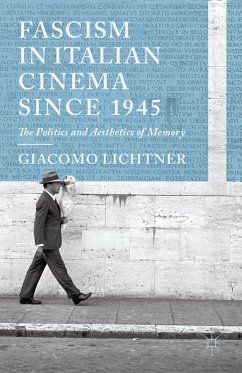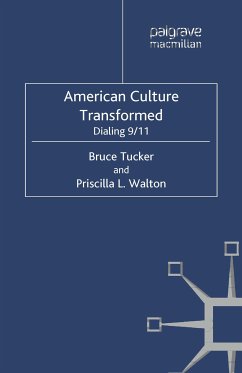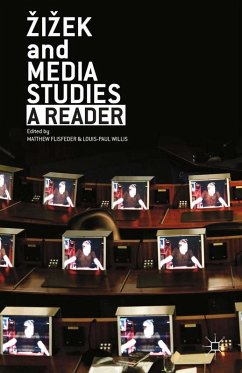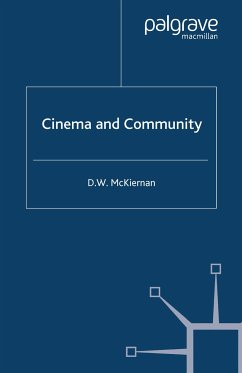
Fascism in Italian Cinema since 1945 (eBook, PDF)
The Politics and Aesthetics of Memory
Versandkostenfrei!
Sofort per Download lieferbar
40,95 €
inkl. MwSt.
Weitere Ausgaben:

PAYBACK Punkte
20 °P sammeln!
From neorealism's resolve to Berlusconian revisionist melodramas, this book examines cinema's role in constructing memories of Fascist Italy. Italian cinema has both reflected and shaped popular perceptions of Fascism, reinforcing or challenging stereotypes, remembering selectively and silently forgetting the most shameful pages of Italy's history.
Dieser Download kann aus rechtlichen Gründen nur mit Rechnungsadresse in A, B, BG, CY, CZ, D, DK, EW, E, FIN, F, GR, HR, H, IRL, I, LT, L, LR, M, NL, PL, P, R, S, SLO, SK ausgeliefert werden.












